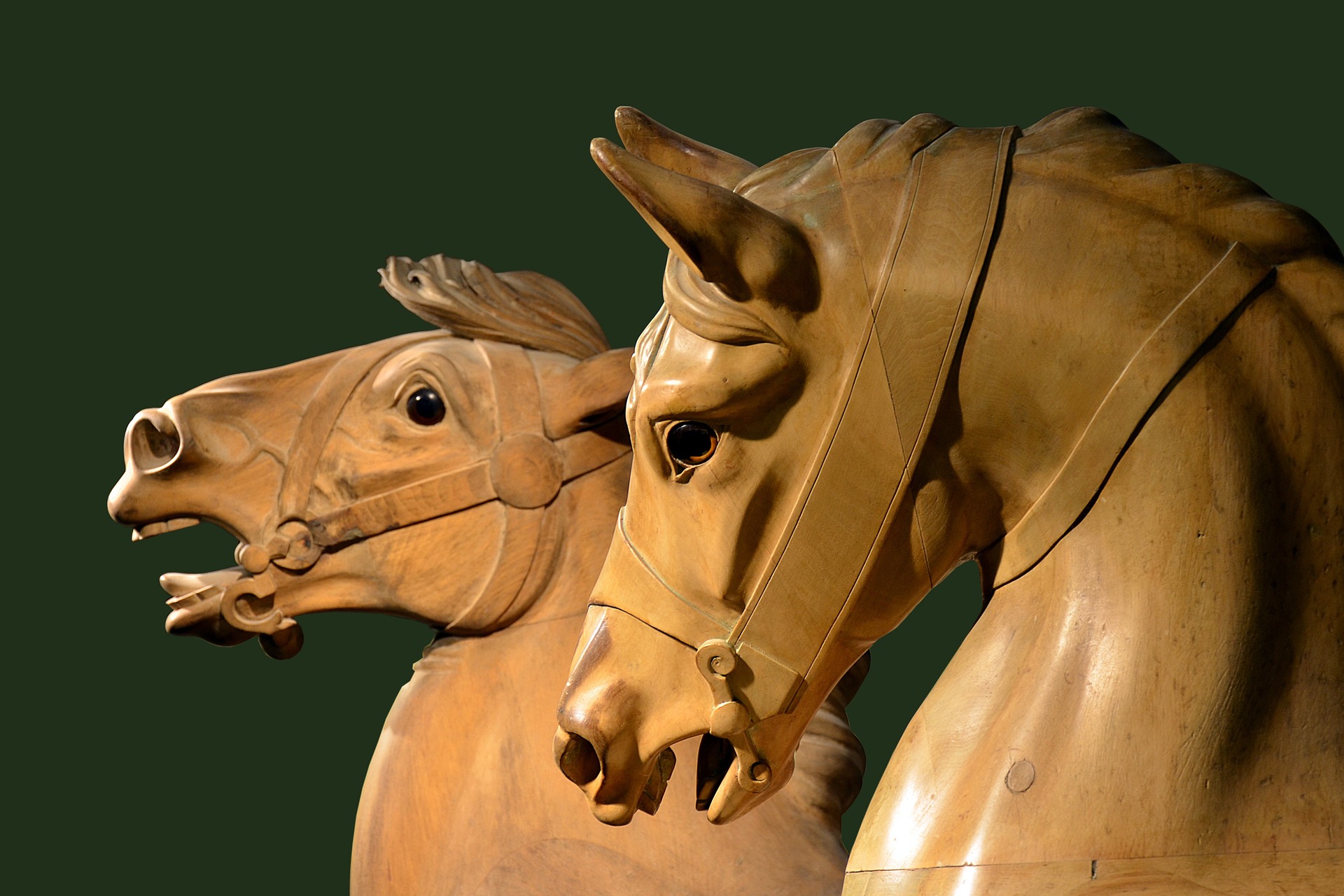
At the end of last year, I was fortunate to have an article titled ‘Could existing anticruelty laws ban whip use in horse racing?’ published in the Adelaide Law Review. More recently, I was interviewed on the Adelaide Law Review podcast, where we discussed some of my article’s background and broader implications.
The article aimed to investigate whether industry-compliant whip use in horse racing breaches existing animal cruelty laws.
This question has been of interest to me for some time and was one of the reasons I decided to do a PhD. My PhD ultimately took a different path, but I could not find a satisfactory answer to this question during my reading in animal law/animal protection scholarship. I know, for example, that if I whipped my dog Lucy (sorry, Lucy!) to make her run faster, I could (and would likely) be prosecuted by the RSPCA.
So why aren’t jockeys in a horse race prosecuted?
There are many ways to answer this question, from the philosophical (as property, animal interests are not recognised by the legal system) to the more practical.
I took the latter approach. There is, however, no reported case (that I found) involving whipping a horse during a horse race that was compliant with industry standards. Because there is no case law ruling whether industry-compliant whip use was animal cruelty, I turned to principles of statutory interpretation.
By ‘industry-compliant’ whip use, I refer to the Australian Rules of Racing and the Local Rules of Racing, which permit using so-called ‘padded whips’ within specific parameters. So, I acknowledge that if a jockey was to whip a horse in the stables, then there is a good chance that the RSPCA might prosecute — whether the RSPCA would is the subject of another article.
But, my article seeks to answer whether a jockey could be prosecuted for animal cruelty for whipping a horse in compliance with the Rules of Racing.
Using the ‘always speaking’ approach to statutory interpretation, I argue that it is theoretically possible for a court to interpret the words of qualification in the animal cruelty provisions as extending to industry-compliant whip use based on new scientific evidence that horse skin is more sensitive than previously believed.
So, why hasn’t there been a prosecution for industry-compliant whip use? As I cite in the article, recent scientific evidence debunks the myth that horses’ skin is thicker than humans. Instead, the evidence suggests that from an anatomical perspective, horses’ skin is just as sensitive, if not possibly more sensitive, than human skin.
I argue that three constitutional and contextual considerations will likely sway a court in considering whether industry-compliant whip use could constitute animal cruelty.
Consequences of interpretation
This means that courts may consider the consequences of a particular statutory interpretation before adopting a specific meaning. For example, this was done by the High Court of Australia in Project Blue Sky. The majority found that ‘[e]xpense, inconvenience and loss of investor confidence’ would flow from a particular interpretation. Based on these potential consequences, the majority decided to take an interpretation that avoided the adverse effects identified.
Presumption against retrospectivity
It is presumed that legislation won’t operate retrospectively unless there are clear words to this effect.
This is for excellent reasons — it offends people’s sense of fairness if they did something that was lawful at the time but later determined to be unlawful.
This is what I think could be at issue if a court was to interpret the words of qualification in the way I previously put forward — basically, a jockey would be whipping their horse on the widespread belief that this is legal (providing they are doing so per the rules of racing).
Generally, where there is an alternative interpretation open to the court that does not involve retrospectivity, the court will take it — especially in criminal law matters, of which the animal welfare legislation is classified.
Separation of powers
While the common law is an important and valuable source of law, deciding on the lawfulness of an activity is the proper responsibility of a democratically accountable Parliament. It would therefore breach the separation of powers in the Constitution if Courts decided questions of whether certain activities (previously thought to be lawful) should now be unlawful — especially controversial activities such as the whipping of horses for entertainment.
I believe these three considerations explain why we haven’t and are unlikely to see a prosecution for industry-compliant whip use despite the research suggesting padded whips cause horses pain, possibly significant pain.
This does not suggest that the judiciary cannot use the ‘always speaking’ approach to extend existing statutory words and phrases in legislation. But, whether industry-compliant whip use breaches animal cruelty laws, this would require a level of judicial activism that is very unlikely until more people in society change their relationship with animals. And by that time, the Parliament would have probably changed the laws.
You can read the full article here. I hope you find it interesting and thought-provoking.

Recent Comments